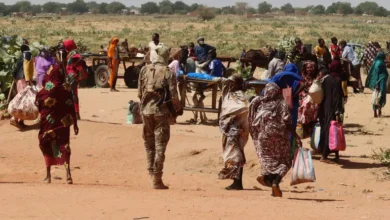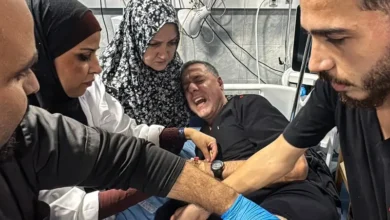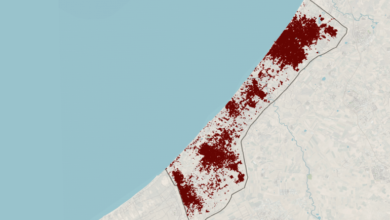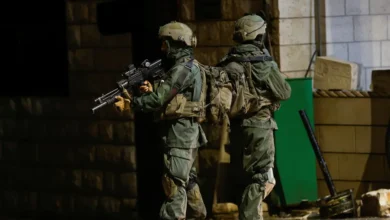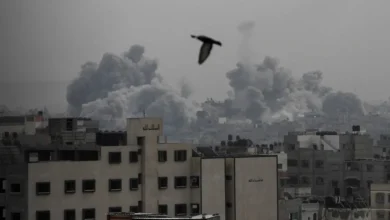Red Cross triples ask for Turkey-Syria quake aid to $700 mln
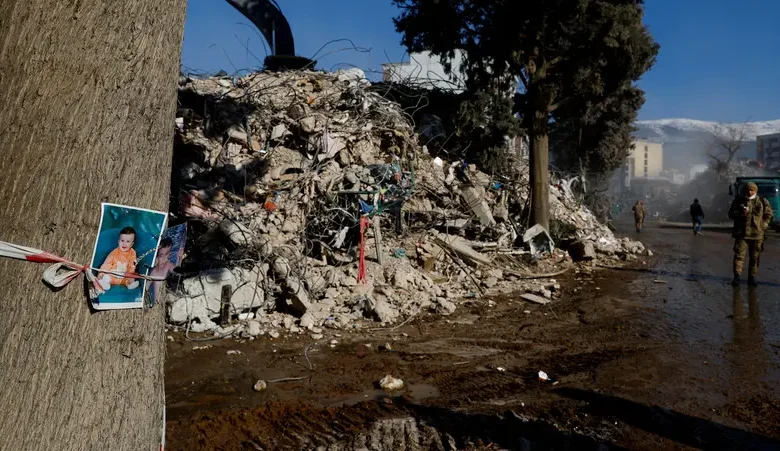
The Red Cross on Thursday more than tripled its emergency funding appeal to over $700 million for aid to victims of the catastrophic earthquake that struck Turkey and Syria last week.
The International Federation of the Red Cross and Red Crescent Societies said it now estimated it would need 650 million Swiss francs ($702 million) to help respond to the soaring humanitarian needs in both countries.
Just over a week ago, the organization had estimated its funding needs at 200 million francs.
The 7.8-magnitude tremor early on February 6 killed nearly 40,000 people in southeast Turkey and parts of Syria, laying to waste a region filled with families that fled the 12-year Syrian war.
“The full impact of this earthquake is still unfolding,” IFRC Secretary General Jagan Chapagain, who is currently visiting quake-hit communities in the two countries, said in a statement.
“The situation on the ground is rapidly changing, and needs are growing by the minute,” he said, pointing out that “for survivors, these are some of the hardest moments of their lives and the road to recovery will be long.”
IFRC said that the Syrian Arab Red Crescent and the Turkish Red Crescent had been “working around the clock to support affected communities, even though many staff and volunteers have also lost homes and loved ones.”
The most urgent immediate needs were currently providing shelter, health care and sanitation, as well as food and water, it said.
“People are also facing major distress – early access to mental health and psychosocial support is critical,” Chapagain said.
The Turkish Red Crescent had deployed more than 5,000 staff and volunteers, who had among other things distributed more than 31 million hot meals to people outdoors and in emergency shelters.
In Syria, some 4,000 volunteers and staff had been sent to the hardest-hit areas, reaching 365,000 people with life-saving support.
In the longer term, IFRC stressed that global support and solidarity to deliver humanitarian assistance would be needed for months and years ahead.



